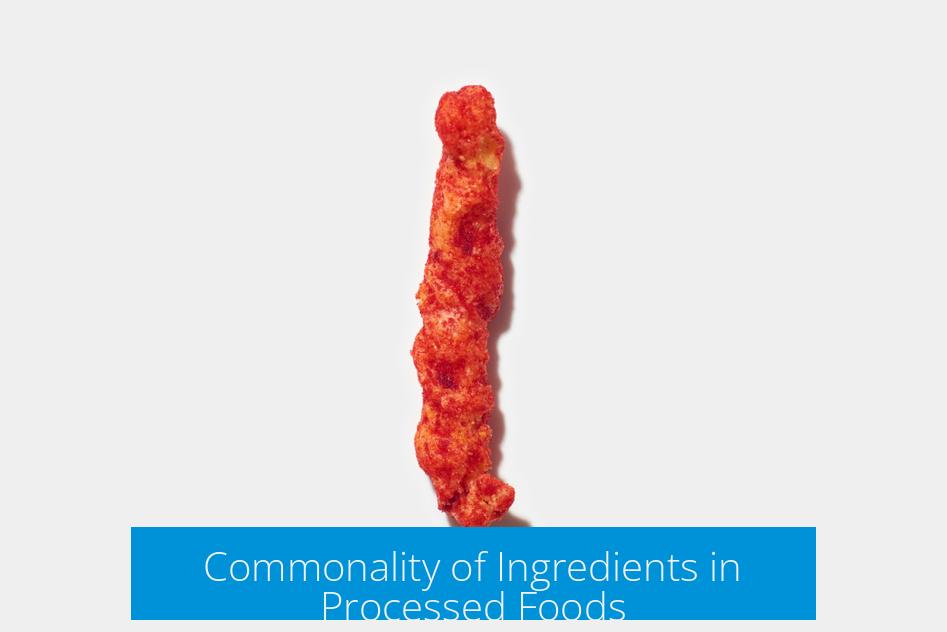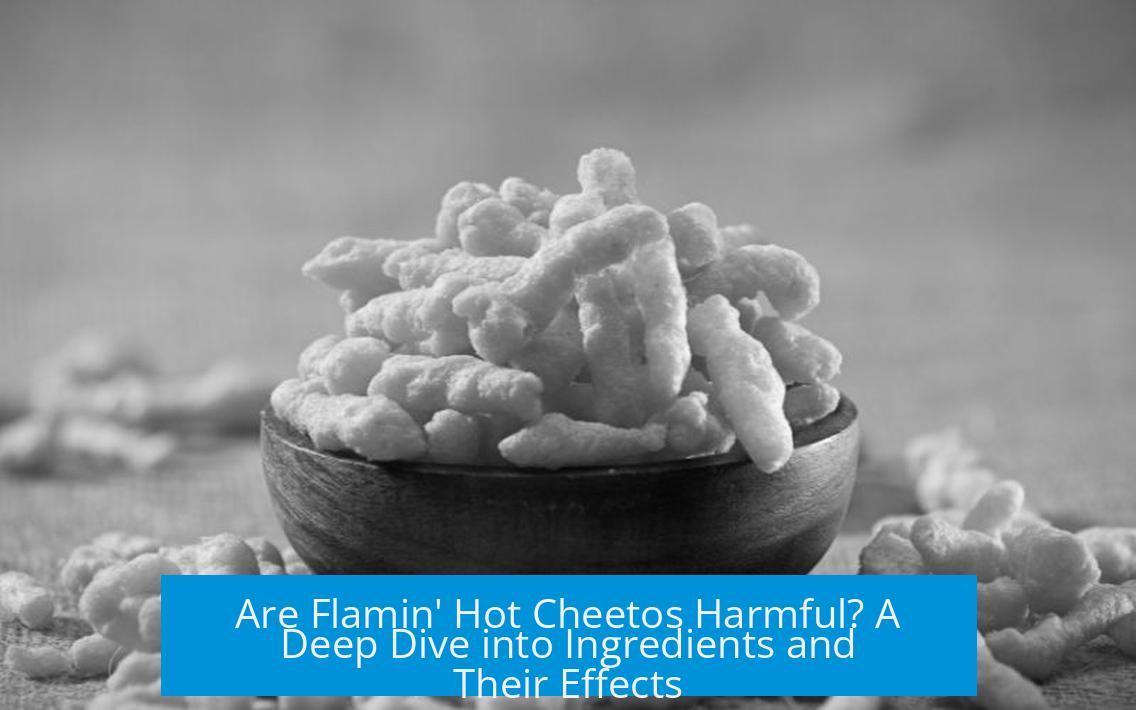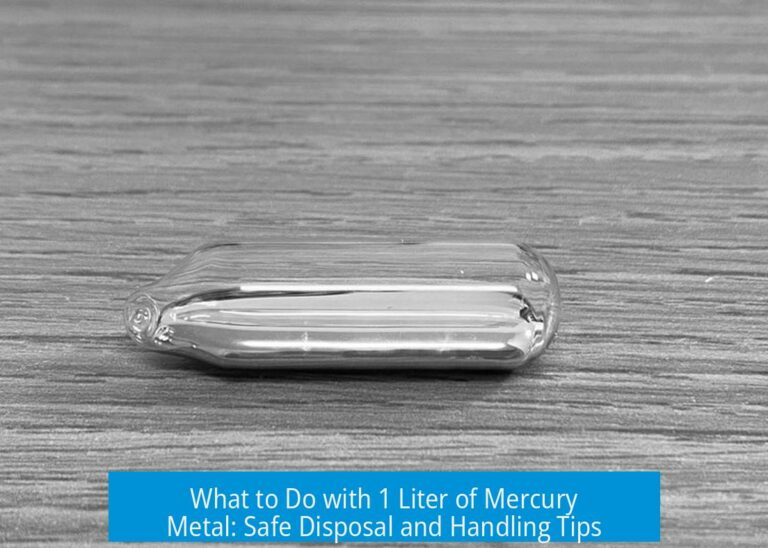Are Flamin’ Hot Cheetos Really That Bad for You?

Flamin’ Hot Cheetos are not inherently dangerous when consumed in moderation, despite a long list of ingredients and some chemical names that may sound intimidating. The key factor is the quantity consumed, as even substances considered unhealthy can be harmless at small doses.
Understanding Safety and Dosage
The principle “the dose makes the poison” applies clearly here. While some ingredients in Flamin’ Hot Cheetos might not be healthy on their own, the amounts present in a reasonable serving size usually do not pose medical concerns. Occasional snacking fits within a balanced diet without significant risk.
Ingredients: Complexity Does Not Equal Harm
The product’s ingredient list includes artificial colors, flavors, and preservatives common in many processed foods. Long, scientific names can seem alarming, but they mostly serve specific roles such as flavor enhancement, color consistency, and shelf life extension. Curiosity about these ingredients can help dispel exaggerated fears.
Potential Effects of Overconsumption
- Regular high intake may irritate the stomach lining, causing discomfort and digestive issues.
- Anecdotal evidence from healthcare professionals shows some patients experience intestinal distress linked to frequent consumption of spicy snacks like Flamin’ Hot Cheetos.
- Such gastrointestinal symptoms tend to improve after reducing or stopping intake.
Commonality of Ingredients in Processed Foods

Most artificial additives found in Flamin’ Hot Cheetos appear in various processed snacks. Experts recommend minimizing artificial ingredient intake, but total avoidance is not necessary if consumption is moderate and balanced with fresh foods.
Dispelling Misinformation
No credible scientific evidence supports claims that Flamin’ Hot Cheetos cause tumors or serious health conditions outright. Misconceptions often arise from misunderstanding ingredient names or exaggerated anecdotal reports.
Key Takeaways
- Moderate consumption of Flamin’ Hot Cheetos does not pose major health risks.
- Ingredients serve functional food roles; complexity does not imply danger.
- Overeating spicy snacks can cause stomach irritation in some individuals.
- Artificial additives are common in processed foods; balance is crucial.
- No credible evidence links Flamin’ Hot Cheetos to serious diseases like tumors.
Are Flamin’ Hot Cheetos Really That Bad for You?
If you’re wondering whether Flamin’ Hot Cheetos are truly harmful, the truth is nuanced: In moderate amounts, Flamin’ Hot Cheetos are not medically concerning despite their long, intimidating ingredients list. The famous phrase “the dose makes the poison” perfectly captures this. Just because the snack has artificial ingredients or uses chemical-sounding additives doesn’t mean a reasonable snack-size bag instantly harms you.
Let’s unpack what’s really going on inside that fiery red snack.
Why Those Ingredients Don’t Automatically Mean Danger

Many people eyeball the Flamin’ Hot Cheetos ingredient list and think, “Whoa, what is all this stuff?” That’s natural. Long names like “monosodium glutamate” or “artificial colors” can sound alarming. But ingredients lists are a lot like menus—just because something sounds fancy or strange doesn’t mean it’s dangerous.
Interestingly, this isn’t a new habit—many of us, including the writer, grew up staring at pantry labels. It’s more curiosity than panic. The reality? Most ingredients in Flamin’ Hot Cheetos also show up in countless processed snacks. They’re common in food science. The key is how much you consume.
The Stomach’s Fiery Feedback
Ever wondered why some people swear by avoiding Flamin’ Hot Cheetos after eating too many? There’s a practical reason. Heavy consumption can irritate the stomach lining.
“My nurse practitioner mother has learned to ask Hispanic patients with intestinal distress, ‘How much Hot Cheetos do you eat?’ because the spicy seasoning can irritate the stomach enough that people need to stop eating them,” shares a firsthand source.
This isn’t a unique story. Like the coworker eating hot sauce every meal for years who faced similar troubles, the spicy compounds—capsaicin and others—can cause gastrointestinal upset if ingested excessively. Cut out the spicy culprit, and the symptoms often vanish.
Artificial Ingredients: Beware or Balance?
Now let’s talk about those artificial extras. Flamin’ Hot Cheetos are packed with some synthetic ingredients, like artificial colors and flavor enhancers. Should you avoid them at all costs? Probably not.
These ingredients exist in many processed foods. While it’s wise to limit artificial additives generally, completely cutting out enjoyable snacks like Flamin’ Hot Cheetos isn’t necessary for most people. Moderation is the secret.
Remember, your body handles small doses of these ingredients daily without a fuss.
Separating Facts from Fear: No Tumor Tall Tales
Heard rumors that Flamin’ Hot Cheetos cause tumors? Let’s get real. There’s no credible scientific evidence supporting such claims. Scary headlines might grab clicks, but they don’t stand up to inspection.
Staying informed means checking facts, not buying into sensational myths. As our review shows, enjoying a bag now and then doesn’t poison your body or invite serious diseases.
Putting It All Into Perspective

Here’s what you need to remember:
- The ingredients, while complex, mostly pose no risk in typical snacking amounts.
- Spicy seasoning can irritate your stomach if you overdo it—listen to your body’s signals.
- Artificial additives, common in processed foods, are best consumed sparingly but not feared.
- Claims of extreme health hazards from Flamin’ Hot Cheetos lack scientific support.
In other words: don’t panic if you crave that bold, spicy crunch now and then.
Tips for Enjoying Flamin’ Hot Cheetos Responsibly
- Watch your portion. Treat your bag like a spicy dessert. A reasonable portion will satisfy cravings without upsetting your stomach.
- Hydrate. Spicy snacks can cause minor dehydration or burning sensation. Water helps, but milk or yogurt soothes the heat.
- Balance your diet. Enjoy Flamin’ Hot Cheetos as an occasional snack alongside whole foods like fruits and veggies.
- Listen to your body. If you notice stomach irritation or discomfort, it’s time to cut back.
A Final Crunch of Truth
Long ingredient lists and scientific-sounding names do not inevitably spell disaster for your health. They just highlight that food manufacturers use specialized components to achieve that distinctive fiery taste and crunchy texture we crave.
When consumed in moderation, Flamin’ Hot Cheetos fit into most diets without causing harm. Just avoid the temptation to eat the entire bag in one sitting—or your stomach might stage a spicy revolt!
So next time you open that bag of blazing red goodness, you can snack with a little less guilt and a little more understanding. After all, curiosity about what’s inside can turn a scary list into an informed choice. And who said snack time can’t be smart and spicy?
Are the long ingredient lists in Flamin’ Hot Cheetos a sign they are harmful?
A long list with complex names doesn’t mean harm. Many processed foods have similar ingredients. In typical amounts, these ingredients are not medically concerning.
Can eating Flamin’ Hot Cheetos cause stomach problems?
Yes, eating too many can irritate the stomach lining. People sensitive to spicy foods may experience discomfort, but this usually happens with overconsumption.
Do the artificial ingredients in Flamin’ Hot Cheetos pose serious health risks?
These artificial ingredients are common in many snacks. Eating them in moderation is generally safe. Avoiding excess is better than total elimination.
Is there evidence that Flamin’ Hot Cheetos cause tumors or major illnesses?
No credible studies show a link between Flamin’ Hot Cheetos and tumors. Claims like this are unsupported and exaggerated.
Why do some people have digestive upset from spicy snacks like Flamin’ Hot Cheetos?
Spicy components can irritate the digestive tract in sensitive individuals. Like hot sauce, repeated intake may cause distress, which usually stops when you stop eating them.





Leave a Comment